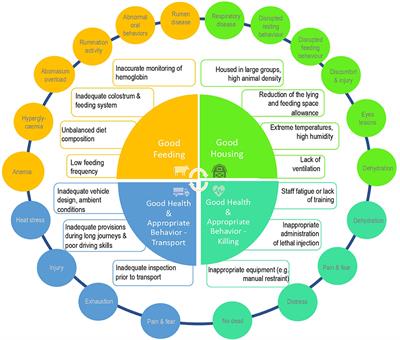EDITORIAL
Published on 12 Nov 2021
Editorial: Perspectives in Dealing With Surplus Male Farm Animals
doi 10.3389/fvets.2021.797081
- 3,107 views
- 3 citations
18k
Total downloads
125k
Total views and downloads
Select the journal/section where you want your idea to be submitted:
EDITORIAL
Published on 12 Nov 2021
REVIEW
Published on 15 Oct 2021
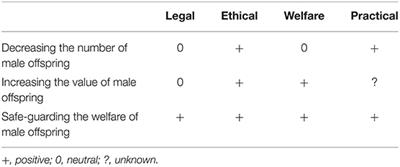
ORIGINAL RESEARCH
Published on 17 Jun 2021
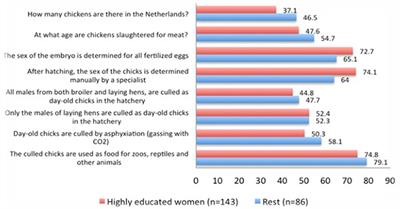
ORIGINAL RESEARCH
Published on 31 May 2021

ORIGINAL RESEARCH
Published on 11 May 2021
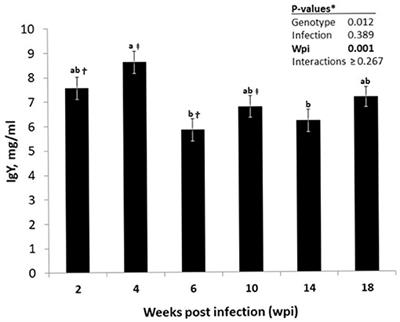
REVIEW
Published on 27 Apr 2021
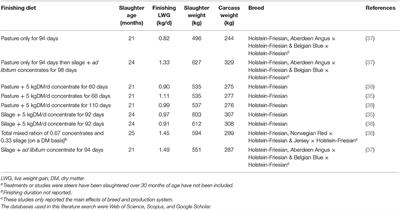
ORIGINAL RESEARCH
Published on 23 Apr 2021
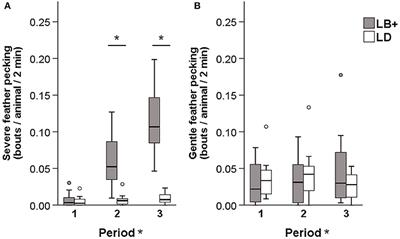
ORIGINAL RESEARCH
Published on 20 Apr 2021
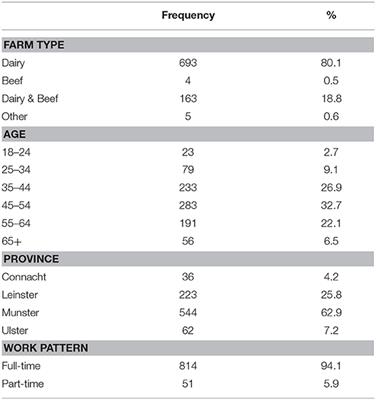
REVIEW
Published on 16 Apr 2021
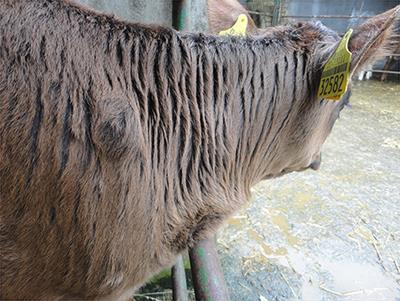
REVIEW
Published on 14 Apr 2021
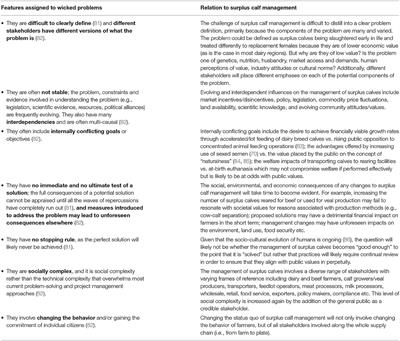
REVIEW
Published on 13 Apr 2021
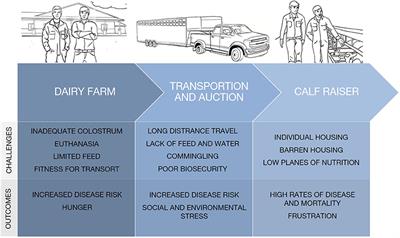
PERSPECTIVE
Published on 15 Feb 2021
